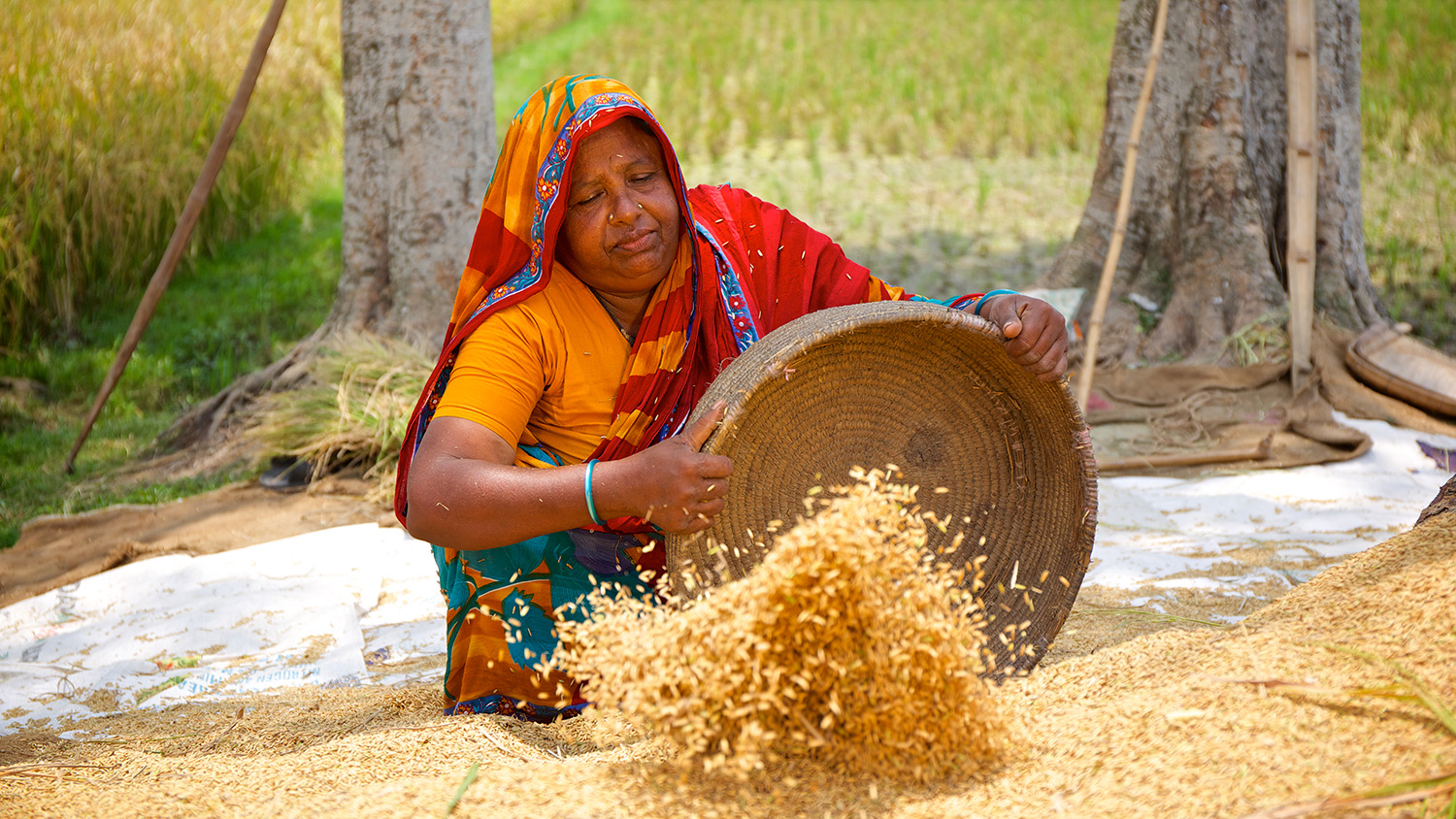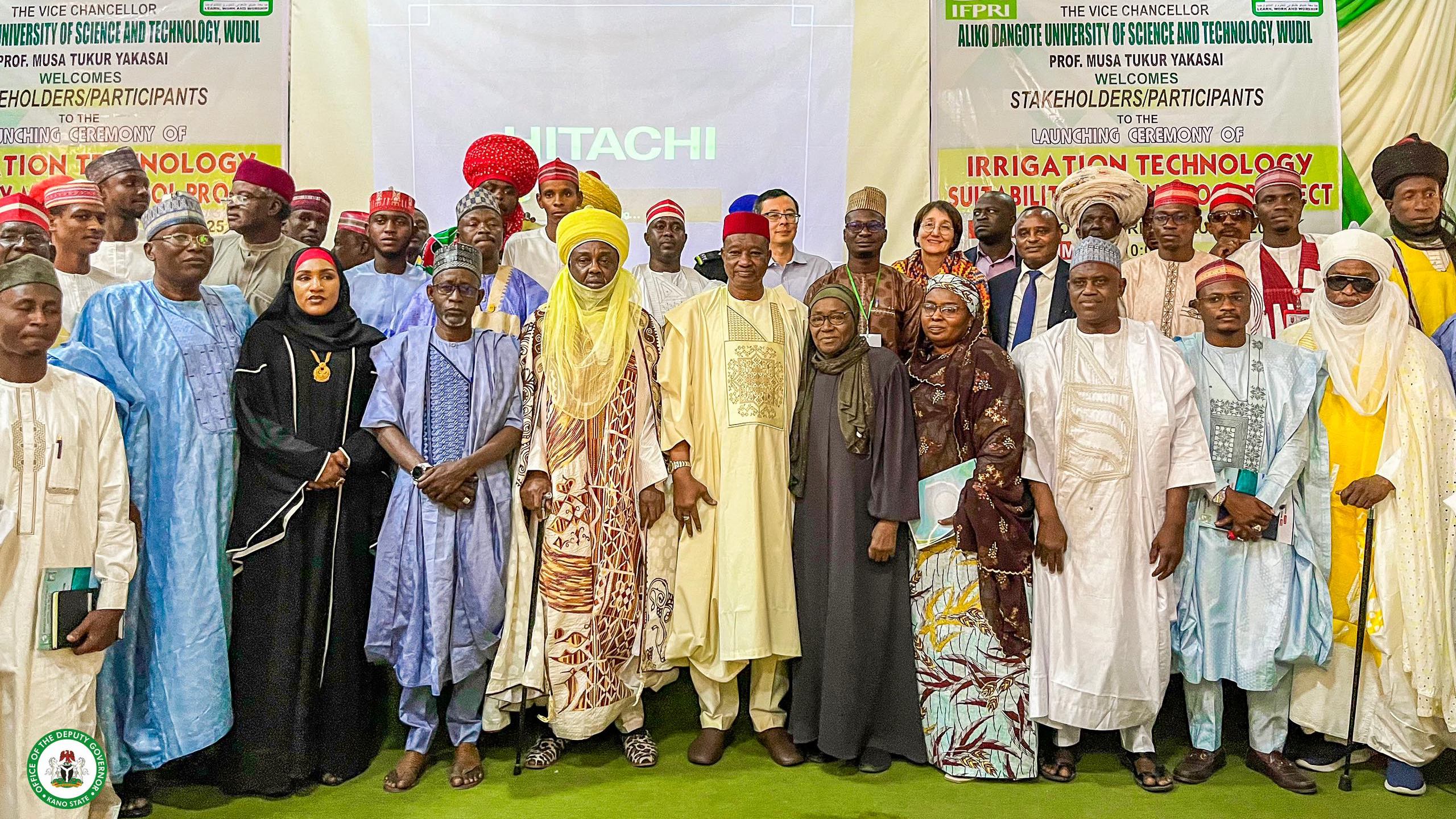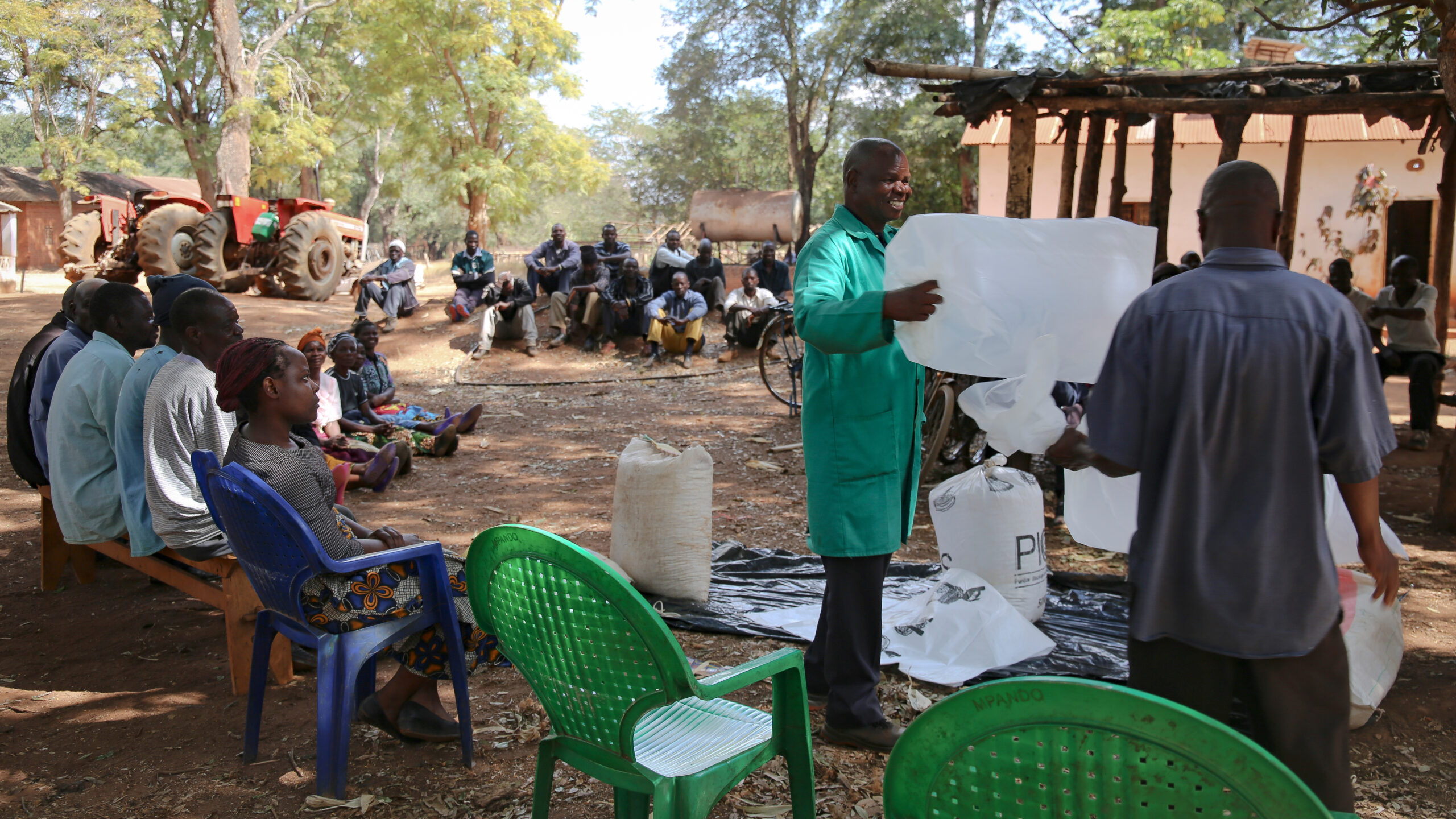Zinc is a crucial micronutrient for good health, and zinc deficiency is one of the most common forms of micronutrient malnutrition globally—an estimated 17% of people worldwide are at risk of inadequate zinc intake, and that figure reaches 19% and 24% in Asia and Africa, respectively. Zinc deficiency is a cause of stunting (low growth for age), compromised immunity, and cognitive impairment among children; growing evidence shows it is also an important factor in the global burden of diabetes and cardiovascular disease in adulthood.
Yet progress reducing the prevalence of zinc deficiency has been limited, due in part to the lack of sensitive and specific assessments of human zinc status.
A recent narrative review published in Advances in Nutrition summarizes emerging developments in the understanding of zinc’s role in health and broad solutions for improving zinc intake at the population level, including agricultural interventions. Promising new biomarkers may enable more effective evaluation of zinc status—and the monitoring of population-level interventions. Expanding the use of novel measures such as essential fatty acid desaturation and DNA damage in future zinc intervention studies is key to reducing zinc deficiency and its contribution to the double burden of malnutrition.
Zinc’s roles in health
Zinc plays a key role in a greater number of critical life functions than any other single micronutrient. It is essential to metabolic pathways, gene expression, hormone function, immune defense mechanisms, and much more—making it vitally important to health throughout life.
In children, zinc is a significant limiting factor for growth; in addition to stunting and cognitive impairment, impacts of severe zinc deficiency include recurrent infections and skin and bone repair disfunction.
In adults, growing evidence links zinc deficiency with an increased risk of cardiometabolic disorders. Zinc plays an important role in insulin secretion and glucose homeostasis, and low zinc status has been associated with more severe type 2 diabetes. Zinc status also affects lipid metabolism, which may increase the risk of cardiovascular disease. Even subclinical deficiency can precipitate a general dysregulation of metabolic function and inflammation that increase the burden of non-communicable diseases.
Recent evidence linking zinc deficiency to noncommunicable diseases in adulthood and later life indicates that it may be responsible for a greater burden of health disparity than previously thought.
The impact of complex and changing environments on dietary zinc intake
Evidence also points to the role of changing environmental conditions on dietary zinc intake. Experiments with plants cultivated in growth chambers and under field conditions have shown that when crops are grown with elevated levels of atmospheric carbon dioxide—specifically, those projected for 2050—zinc concentrations in the grains of many staple cereal crops decline.
Atmospheric and other environmental factors also influence the performance of new biofortified varieties of crops bred with increased grain nutrient concentration. This problem can be addressed through site-specific crop management approaches. Strategies to improve soil health and function—for example, adding organic matter into soils—can moderately improve the zinc composition of grains of crops, studies show.
Evidence-based solutions to increase population zinc intake
Zinc deficiency can be prevented by a number of proven, readily available, and deployable approaches including zinc supplementation, large-scale food fortification, and food and agricultural strategies such as soil zinc repletion and biofortification. Yet there is no universal solution; increasing zinc intake and combating global zinc deficiency requires context-specific strategies that combine these complementary evidence-based interventions where appropriate.
Inclusive nutrition strategies based on smallholder farming systems—such as zinc biofortification—are a cornerstone of such efforts because they deliver essential micronutrients to large segments of a given population without the need for behavior change. These can help transform food systems to produce diets that are more nutrient-dense and can effectively weather climate impacts that reduce nutrient concentrations of foods.
As drivers of food and nutrition insecurity such as conflict, climate change, and unfavorable socioeconomic conditions are on the rise globally, implementing solutions to address malnutrition in all its forms need to be prioritized. Taking action to scale up national policies and programs that measurably address zinc deficiency is essential to realize health improvements across the life course.
Nicola M. Lowe is a Professor of Nutrition and Director of the Research Centre for Global Development at the University of Central Lancashire, UK; Andrew G. Hall is a Research Associate in Nutrition with the University of California, Davis; Martin R. Broadley is a Professor with the School of Biosciences, University of Nottingham, UK; Jen Foley is Senior Program Manager and lead of knowledge translation for HarvestPlus within IFPRI’s Innovation Policy and Scaling Unit (IPS); Erick Boy is the Chief Nutritionist in the HarvestPlus section of IPS; Zulfiqar A. Bhutta is the Robert Harding Inaugural Chair in Global Child Health at the Hospital for Sick Children, Toronto, co-Director of the SickKids Centre for Global Child Health, and the Founding Director of the Center of Excellence in Women and Child Health at the Aga Khan University, Opinions are the authors’.
Referenced paper:
Lowe, Nicola M.; Hall, Andrew G.; Broadley, Martin R.; Foley, Jennifer; Boy, Erick; and Bhutta, Zulfiqar A. Preventing and controlling zinc deficiency across the life course: A call to action. Advances in Nutrition, 15(3), 100181. https://doi.org/10.1016/j.advnut.2024.100181







